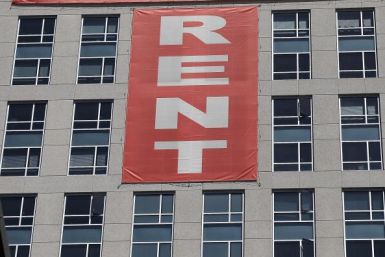Rio Investors Eye Changes to Miner’s Executive Bonus Scheme
Rio Tinto (ASX: RIO) investors have joined the growing global trend against excessive executive bonuses and compensation. A new Rio director has started a comprehensive review of the miner's executive pay system and is likely targeting the firm's performance share plan (PSP).
The plan is part of Rio's long-term incentive described by another investor as a "heads they win, tails they win" clause. It assures Rio officials of performance bonuses even in a bad year.
The review was initiated by John Varley, a new Rio director and chair of the remuneration committee, ahead of an order by Rio Chairman Jan du Plessis for an end to excessive executive compensation packages.
The call for more oversight over executive pay was triggered by the global financial crisis when some American and European bankers continued to enjoy hefty pays and bonuses even if their banks were rescued by money from taxpayers who had to tighten their belts as a result of the financial crisis triggered by the collapse of Wall Street.
The Rio chair said last week that the remuneration trend of the past two decades could no longer continue.
"Too many businesses sometimes appear to have lost all touch with reality and for too long boards and remuneration committees of public companies have been all too prepared to support remuneration levels that were not necessarily demanded by the marketplace," The Sydney Morning Herald quoted Mr du Plessis.
In 2010, changes were made to methods of calculating Rio's PSP which boosted the probability of granting bonuses to officials. Prior to the change, the PSP was based on a four-year average measured against a reference group of eight large resources firms made up of BHP Billiton, Alcoa, Xstrata, Newmont, Barrick Gold, Vale, Anglo American and Freeport-McMoRan.
Since the method caused no PSP bonus in 2008, the Rio board changed it so that the weight of the bonuses paid out by competitors was reduced to only 50 per cent of their bonus payments while the remaining half was benchmarked against a wider index of 1,500 companies referred to as the Morgan Stanley Capital Index. Majority of the firms listed in the index do not enjoy the benefits of the global mining and commodities boom.
BHP made similar amendments to its bonus scheme in the same year in which only 67 per cent of the benchmark is based on rival resources companies and the remaining 33 per cent on a broader index of companies that belong to other different sectors.
With the change, there are greater chances that the Rio officials could get PSP bonuses of up to 190 per cent of their base pay.
A number of leading Australian directors supported the call for executive pay to be closely linked with company performance. While many company executives continue to enjoy what is considered excessive bonuses even if the firm continues to be stingy in granting pay hikes to the rest of its employees, some executives are refusing undeserved bonuses.
The list includes Rio Chief Executive Tom Albanese and Chief Financial Officer Guy Elliott who turned down being considered for a bonus in February because of investment write-downs made under their term. Royal Bank of Scotland Chief Executive Stephen Hester also refused to accept a bonus of almost £1 billion in the early part of 2012. On the opposite end, Xstrata executive Mick Davis is under criticism for a£28.8 million bonus he stands to receive if his company's merger with Glencore prospers.






